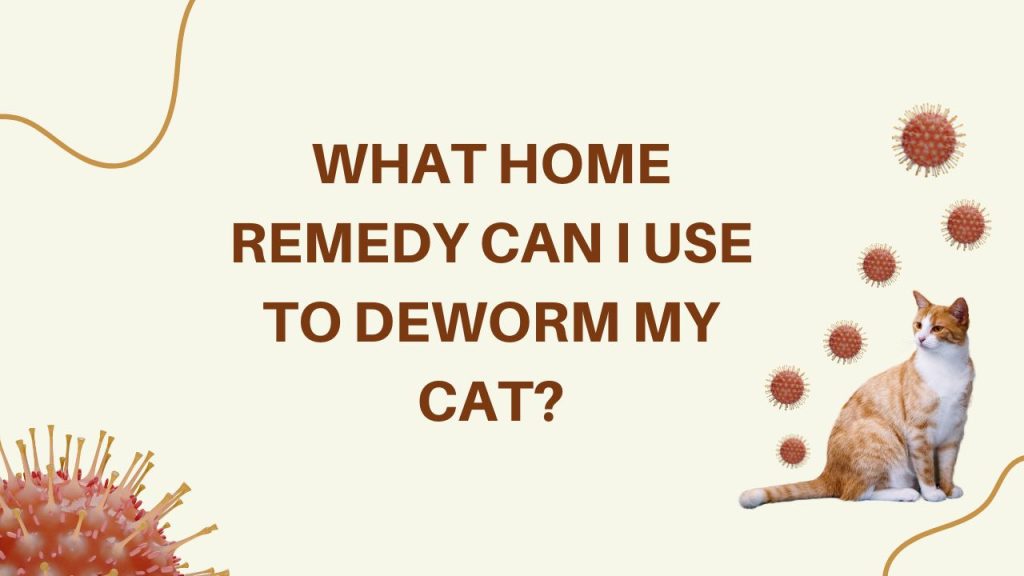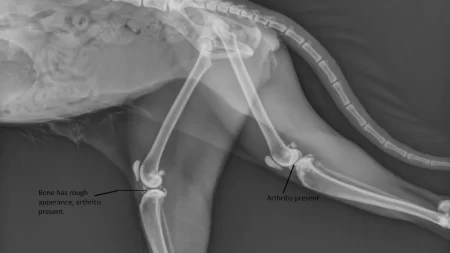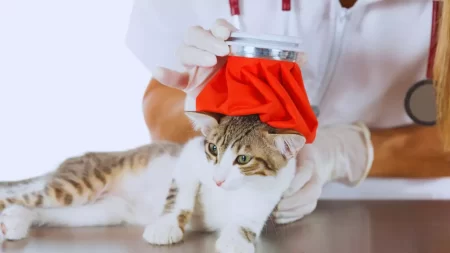Whether you’re a pet parent or just a good samaritan, there are times when we have to rely on our own knowledge and ingenuity to provide the care our furry friends need. Fortunately, there are plenty of home remedies available to you if your cat needs help getting rid of those pesky little worms. Let’s take a look at some of the most popular and effective ways to deworm your cat.
Worm infestations in cats are a common health issue and are caused by parasites living in the cat’s intestines. The most common types of worms that affect cats and kittens include roundworms, tapeworms, hookworms, and whipworms. In severe cases, worms can lead to malnourishment and other health problems, so it’s important to take care of a worm infestation quickly.
Fortunately, you can treat your cat’s worms at home without having to visit the vet. Home remedies for deworming cats have been around for hundreds of years and are safe and effective when used properly. These home treatments range from herbal concoctions to over-the-counter pharmaceutical products that have been specifically designed for deworming cats. In this guide, we’ll look at some of the most popular home remedies for treating worm infestations in cats so that you can get rid of them as quickly as possible.
Understanding the Need for Deworming

The need to deworm cats can be ascertained by identifying the signs and symptoms of infestation by worms. If your cat has any of the following signs and symptoms, then it’s advisable to deworm him/her. Signs and symptoms of a possible worm infestation include abdominal bloating, loss of appetite and weight, vomiting especially after meals, anemia appearing as pale gum membranes indicating a decrease in blood cells, diarrhea or loose stool, increase in hunger, and loss of energy.
In addition to these visible symptoms, an increase in cat’s grooming activity could also indicate possible infection with worms or other parasites. Sometimes kittens may also have visible worms present around the anal region or even in the vomit due to heavy infestations. Worms that appear small like pieces of white thread around cats rear end are usually tapeworms.
Aside from external signs and symptoms, you can check for them internally as well. When your cat goes for regular veterinary checkups, he/she will likely be screened for internal parasites through a test known as fecal flotation analysis, where parasite eggs present in the stool are identified under a microscope, allowing your vet to determine whether or not it is necessary to deworm your pet accordingly. Therefore, depending on the individual circumstances mentioned above, you may want to consider taking advice from your veterinarian regarding home remedies for deworming cats before attempting any type of home remedy on your own without consulting him or her first.
Benefits of Home Remedies for Deworming
Home remedies can be a safe and effective way to help rid your cat of pesky worms. While home remedies are not intended to replace professional veterinary guidance and treatment, they may provide relief from some of the symptoms associated with an infestation.
Home remedies for deworming cats include using plain yogurt, garlic, papaya seeds or apple cider vinegar. All of these have antifungal and antibacterial properties which can help rid your cat’s digestive system of parasites. Yogurt and garlic are both considered natural dewormers due to the lactic acid found in them, which helps fight off harmful parasites living in the human digestive system. Papaya seeds have been used for centuries as an efficient treatment against roundworms due to their natural antiparasitic properties. Apple cider vinegar has also been used for years to repel worms as it contains acetic acid, which is toxic to most worms found in animals!
In addition, home remedies such as feeding your cat certain herbs like pumpkin or flaxseed can also help keep worms at bay, while olive oil can help clear out any existing parasites within the digestive tract when fed directly or mixed into wet food. Finally, a combination of coconut oil and turmeric has been found to be especially effective in fighting off certain types of intestinal parasites when taken orally weekly.
Overall, while no home remedy is guaranteed to work 100 percent of the time, these solutions may provide some relief from symptoms associated with an infestation. It’s important to keep in mind that using natural treatments should always be done in conjunction with traditional veterinary care so that any serious issues can be handled immediately by a trained professional if necessary!
Common Home Remedies for Deworming Cats
Cats often suffer from infestations with internal parasites, especially worms. Most of these parasites are relatively harmless and can be treated or prevented with simple home remedies and lifestyle changes. To protect your cat from contracting a parasitic infestation, here are some common home remedies that you can use to deworm your feline friend:
1. Garlic
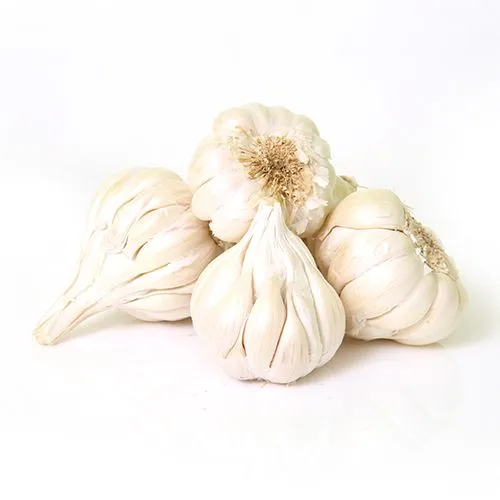
Garlic has powerful antifungal and antimicrobial properties that make it an effective natural deworming remedy for cats. Adding garlic to your cat’s wet food on a regular basis will help keep parasites out of their digestive system. However, it is important to ensure that you feed garlic in moderation; too much garlic can actually be toxic to cats.
2. Apple Cider Vinegar

Apple cider vinegar has anti-parasitic properties that make it an effective natural dewormer for cats. Adding one tablespoon of apple cider vinegar per liter of your cat’s drinking water can help expel worms from its body by changing the pH balance in its gut, making it inhospitable for parasites.
3. Pumpkin Seeds
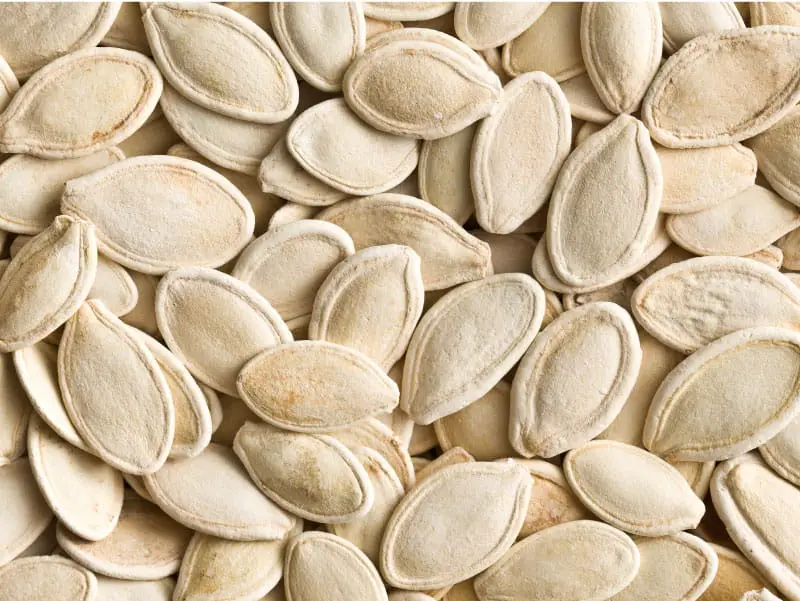
The high concentrations of fatty acids like omega-3 and 6 in pumpkin seeds make them a powerful natural remedy for eliminating worms in cats naturally. To use this method, simply grind half a teaspoon of pumpkin seeds into a paste and mix it into your feline companion’s wet food once a week to protect them against intestinal worms such as roundworms and tapeworms.
4. Coconut Oil

Coconut oil is another great home remedy for deworming cats naturally due to its antibacterial and antifungal properties, which help fight against intestinal worms as well as improve overall digestive health in cats by providing essential fatty acids like lauric acid, which can also reduce inflammation in the GI tract caused by parasitic infestations. To use coconut oil as a natural dewormer, add one teaspoon per liter of drinking water or mix it directly into their food for the best results.
How to Administer Home Remedies for Deworming
If you choose to use home remedies for deworming your cat, it is essential to understand the importance of administering these remedies correctly. An improper application can harm your pet, so be sure to thoroughly research any methods before trying them.
There are several home remedies used for deworming cats. One popular remedy is using food-grade diatomaceous earth, which is a type of silica sediment from fossilized algae with sharp edges that can help kill parasites in the digestive system. Another option is naturally fermented foods like sauerkraut, which can provide probiotic benefits and prevent parasites from prospering while balancing gut function and digestive health. Some herbal dewormers contain ingredients like pomegranate, papaya seeds, black walnut hulls, grapefruit seed extract, and more, which can help target parasites in the stomach and intestines.
It’s important that you read the labeling instructions carefully before administering any of these products to ensure a safe dosage for your pet. It may also be helpful to speak with a holistic veterinarian or a veterinary nutritionist prior to starting any natural remedy treatment plan since they are familiar with when each one should be used.
What to Look for After Deworming
It is important to closely monitor your cat after deworming in order to make sure the medication is doing its job. It may take a few days before the worm infection is completely gone. The most common symptom of an active worm infection is diarrhea, which should stop within a day or two after treatment. Other signs to watch for include loss of appetite, lethargy, and visible changes in the size of your pet’s abdomen.
If you don’t notice any improvement within a few days or the condition worsens, contact your vet for further advice and treatment options. When treating cats for worms, it’s important to follow up with regular check-ups and tests to ensure that all unwanted parasites have been eliminated from their systems.
Potential Side Effects of Home Remedies
When introducing a new home remedy to your cat, it is important to consider potential side effects. While these side effects are typically mild, they can occur and should be taken into account when selecting the right deworming treatment for your cat.
Some potential side effects of home remedies for deworming cats may include:
- Diarrhea
- Vomiting
- Rashes
- Headaches
- Weakness
- Loss of appetite
- Inability to pass stools
- Excessive salivation
- Abdominal pain or cramping.
It is important to note that any unusual symptoms or signs should be reported to your veterinarian right away. It is also important to make sure you have properly administered the dewormer according to the instructions on both the medication package and from your veterinarian. Avoiding potential complications from home remedies requires that you monitor your cat closely during treatment and follow up with a veterinarian if needed.
Conclusion
Although over-the-counter treatments are effective and commonly used to manage intestinal worms, prevention is always better than cure. It’s best to be proactive and practice proper hygiene when living with cats, as well as contact your veterinarian to discuss a suitable deworming regimen for your pet. Moreover, in the case of pregnant cats or kittens, it is always recommended to receive professional help from an experienced veterinarian rather than rely on home remedies.




